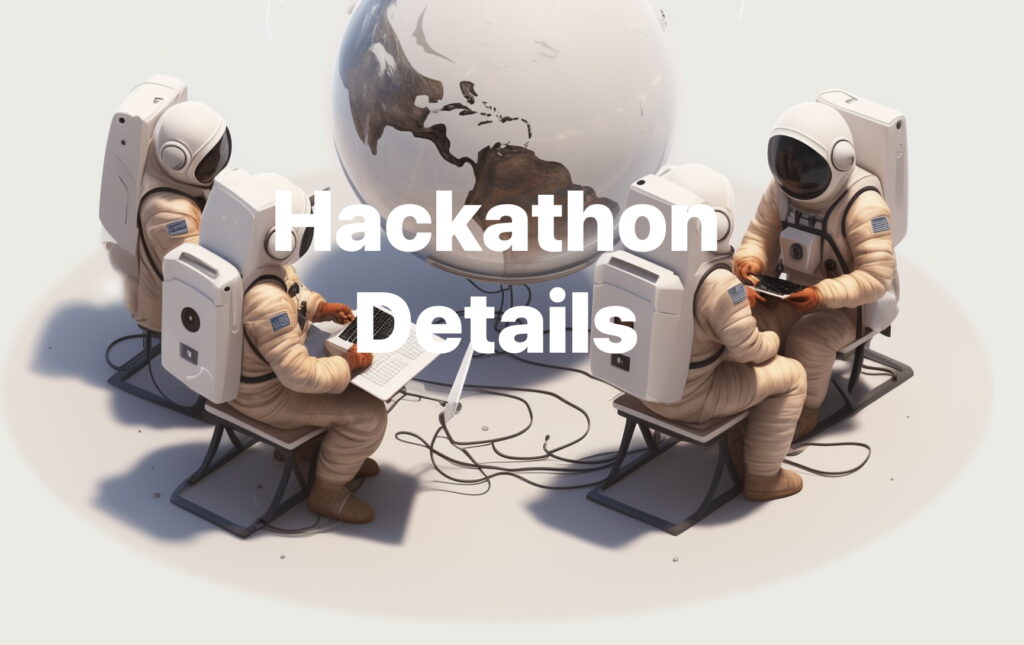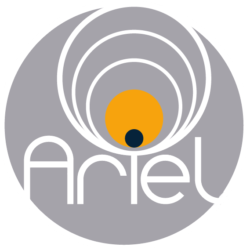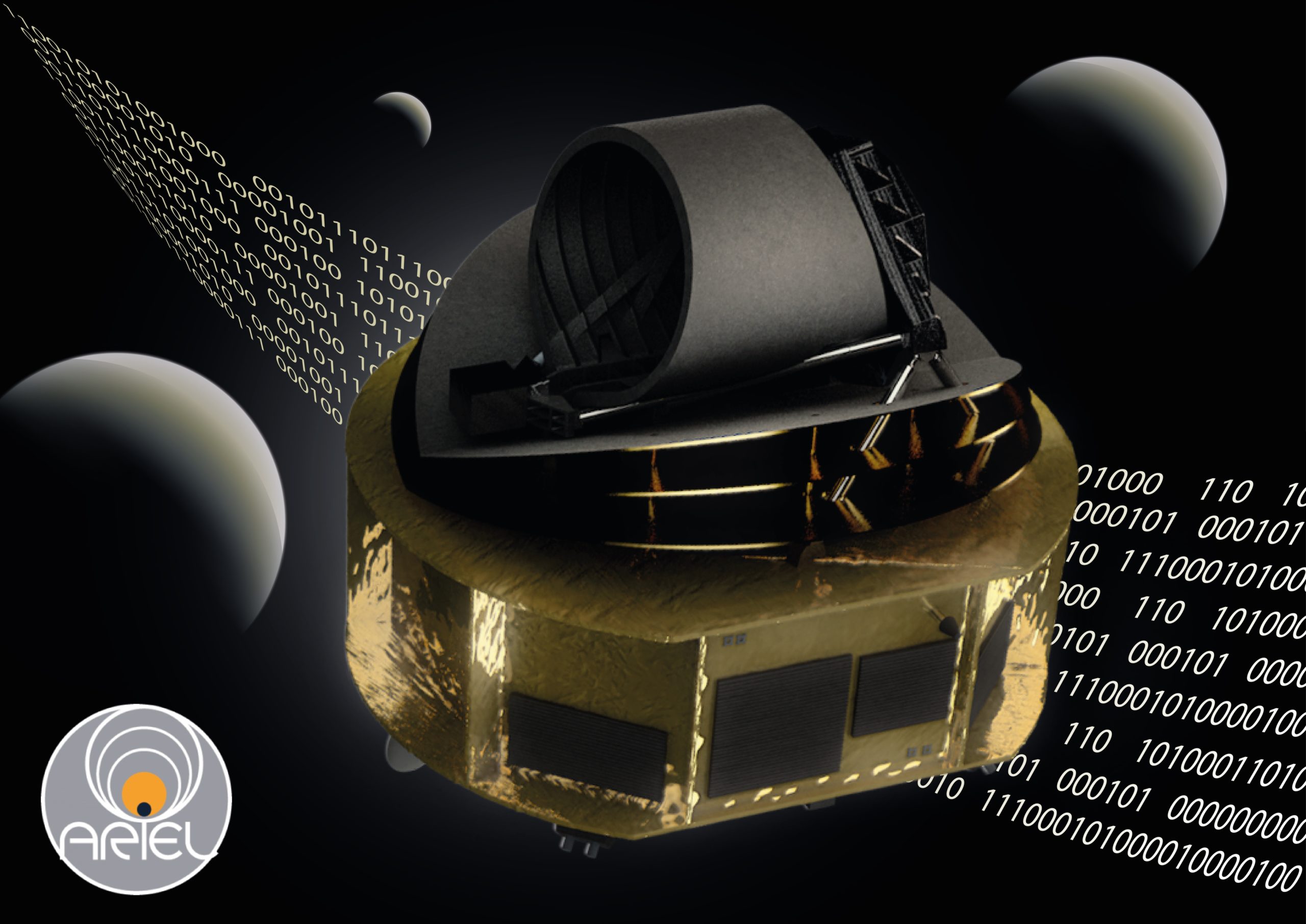The Ariel AI team have launched a global competition series in 2019 . The Ariel Data Challenges call on the AI global community to investigate solutions for the interpretation and analysis of exoplanet data, as observed by Ariel. Examples of past Data Challenges are listed below.
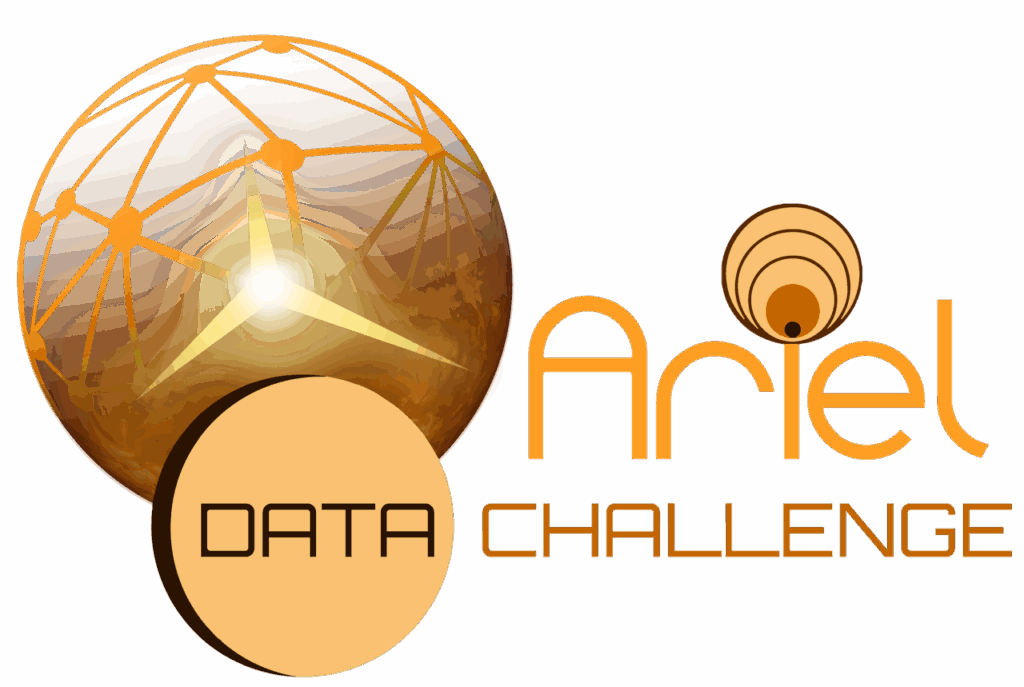
Ariel Data Challenge 2025
The Ariel Data Challenge 2025 (26 June – 25 September) was part of the Competition Track at NeurIPS 2025. The prizes were sponsored by Kaggle.
Ariel Data Challenge 2024
The Ariel Data Challenge 2024 (1 August – 31 October) was part of the Competition Track at NeurIPS 2024. ADC 2024 counted over 23,000 submissions from all over the world. The prizes were sponsored by Kaggle.
Ariel Data Challenge 2023
The Ariel Data Challenge 2023 closed on 18th June. This edition invited individuals and teams of all career stages to devise an innovative and scalable solution to infer crucial atmospheric properties of exoplanets from simulated Ariel observations. Winners and winning solutions were presented at the conference ECMLPKDD in Turin.
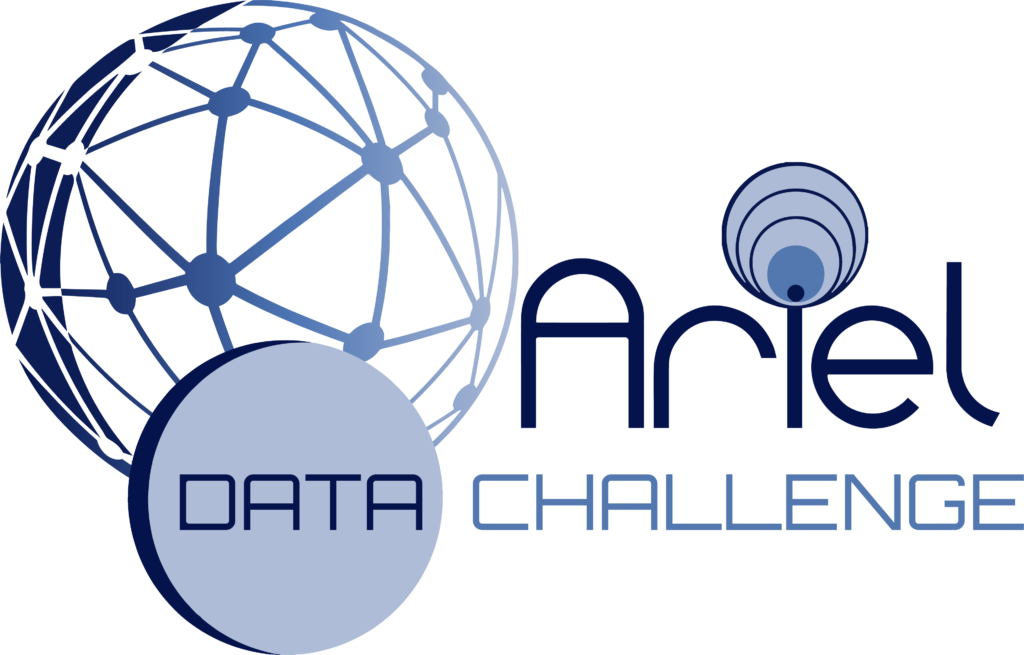
Ariel Data Challenge 2022
The Ariel Data Challenge 2022 was hosted by NeurIPS. A survey of active* participation for all NeurIPS 2021 and 2022 competitions shows that the ADC 2022 has the third highest participants-to-prize ratio.
Link to the permanent database
Ariel Data Challenge 2021
Press release here
Ariel Data Challenge 2021 was launched on April 1st 2021: Machine vs Stellar and Instrument Noise
https://www.ariel-datachallenge.space
The results were discussed at the Machine Learning and Principles and Practice of Knowledge Discovery in Databases ECML PKDD 2021.
Ariel Data Challenge Series launched in 2019 to build global community for exoplanet data solutions
The first Ariel Data Challenge invited professional and amateur data scientists around the world to use Machine Learning (ML) to remove noise from exoplanet observations caused by star-spots and by instrumentation. The Ariel ML contest has been selected as a Discovery Challenge by the European Conference on Machine Learning and Principles and Practice of Knowledge Discovery in Databases (ECMLPKDD). Over 100 international teams participated to the challenge. The winners were awarded at ECMLPKDD and EPSC-DPS 2019. Read here the results: Nikolaou N. et al. Lessons Learned from the 1st ARIEL Machine Learning Challenge: Correcting Transiting Exoplanet Light Curves for Stellar Spots .
The Ariel Data Challenge series was announced in April at the UK Exoplanet Community Meeting (EXOM) 2019 in London. A second Ariel Data Challenge that focuses on the retrieval of spectra from simulations of cloudy and cloud-free super-Earth and hot-Jupiter data was also launched in April. A further data analysis challenge to create pipelines for faster, more effective processing of the raw data gathered by the mission has been launched in June at the EWASS conference in Lyon.
Outcomes from all three Ariel Data Challenges have been discussed at the ECMLPKDD in Würzburg 16-20 September 2019 and at the EPSC-DPS Joint Meeting 2019, which took place in Geneva during the same week.
https://eas.unige.ch/EWASS2019/
Ariel Hackathons
The Ariel AI team have organised a series of very successful hackathons. Examples include:
Ariel ESA DataLab Hackathon 2025
